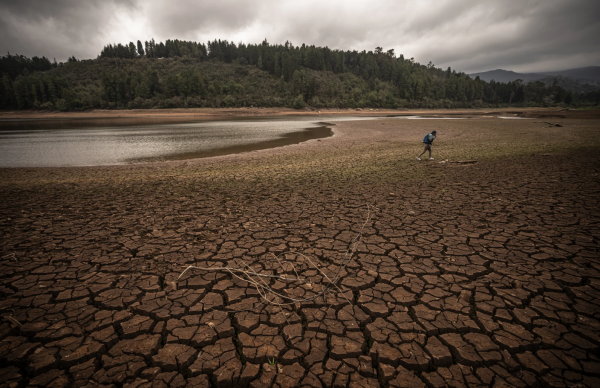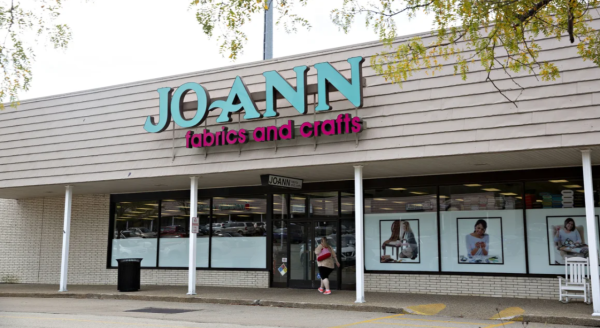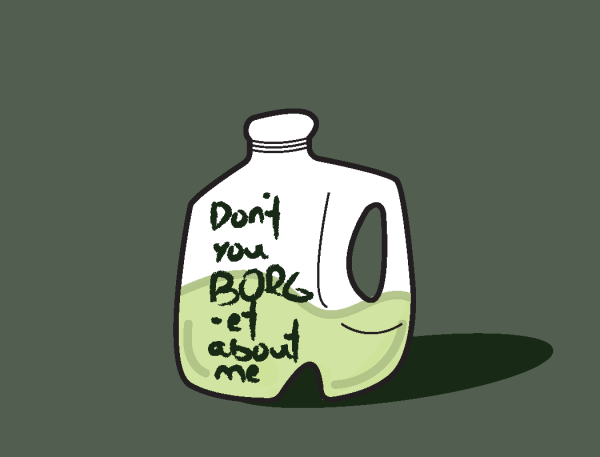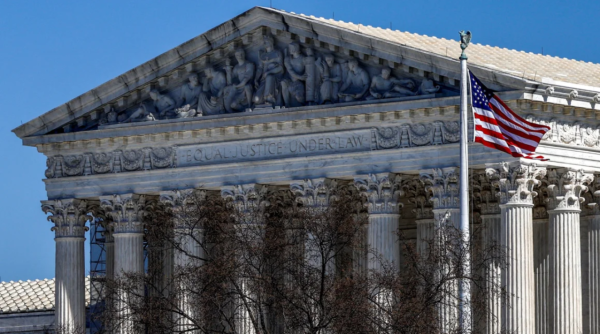The minimum wage should be a living wage
May 13, 2019
For some time, the prevailing narrative about the United States’ poor population has been those who are poor are there by their own hand. It’s a nasty myth, one that’s enmeshed itself so tightly into the American social fabric that the word “poor” is nearly a slur; many of those who are refuse to brand themselves as such. And, of course, many still believe this myth is true. “After all”, they demand in adenoidal tones, “why don’t these people just work harder?”
But the poor do work hard. They work so hard their hands blister and bleed and their feet cramp and their bodies drain themselves of sweat and their brains are so clouded by bills and deadlines that they cannot think anymore. They work so hard their days melt into one weary blur, and most of their time is engulfed by work. They are the woman bagging your groceries at Target, the man taking your order at Wendy’s, the crew sweeping the floors at the movie theater. They work and they work and they work, and yet their lives still teem with insecurity.
The people who work minimum wage jobs exist in the margins. It is devastatingly easy not to think of them, or to think of them as two-dimensional things, flimsy as an apparition and with all the depth of a movie extra. And really, when was the last time you truly thought about the person who made your Taco Bell order?
But it is important to think of that person, and the millions of other people working minimum wage jobs. Because they do vital work, even though some may like to think of them as dispensable. (“Why don’t they just find a better job?” Alright, well, just don’t go out to eat or shop, if these people’s services are so negligible to you.) And yet, their lives are overwhelmed with the injustices that poverty wreaks: the empty stomachs, the eviction notices. They work at laborious jobs and then come home to a pervasive, choking sense of doubt: maybe they can pay their rent this month, but what about the next?
This lack of material needs– the lingering, indelible scar from unease it carves into the psyche– is poverty. It is the life that anyone who works a minimum wage job is forced to live.
But why?
Poverty is a crime. Why should anyone have to wonder about whether or not they can afford the basic necessities they need to stay alive? This may seem as obvious, but this is an ongoing political debate that comes with a cost: the cost of human dignity, human life.
Everyone has dignity and worth. It is enshrined in us as human beings. It is a fundamental violation of dignity to tell someone they deserve to live in squalor simply because of the job they work.
The complete and total elimination of poverty seems a gargantuan task, one that exists within the hazy realm of imagination. But it is also a crucial task. To transform this shimmering fantasy into something wholly concrete is possible if we guarantee our minimum wage is a living wage.






















